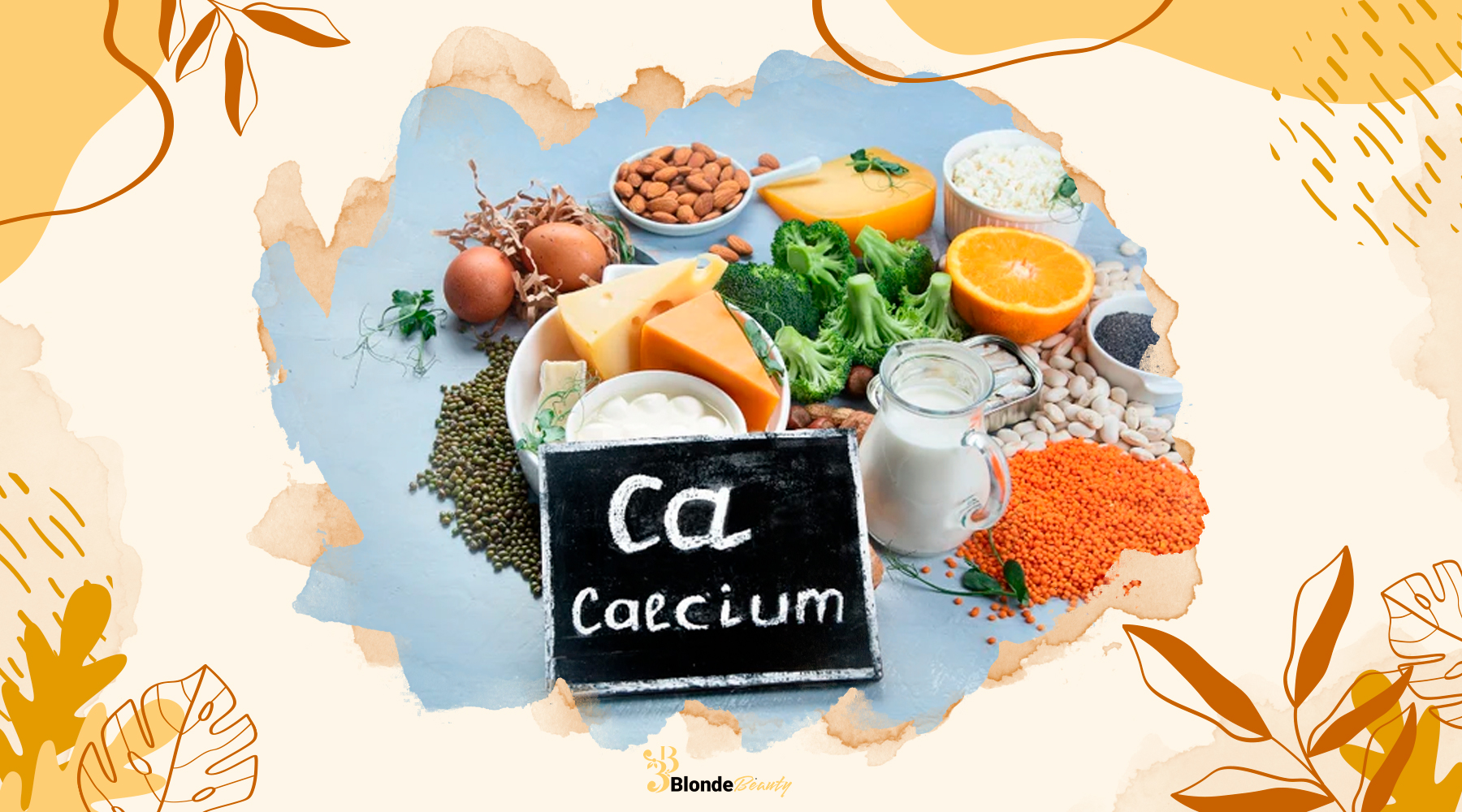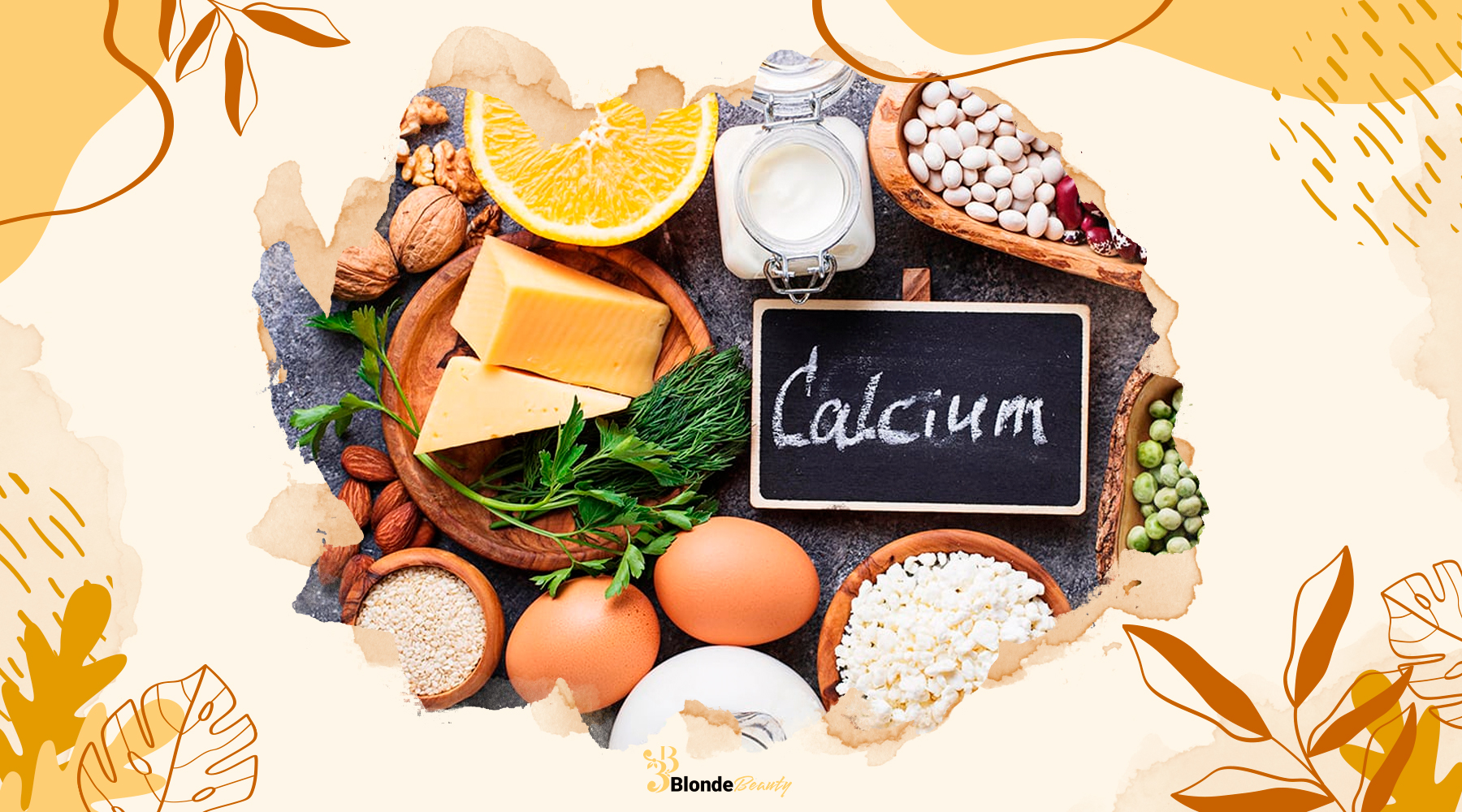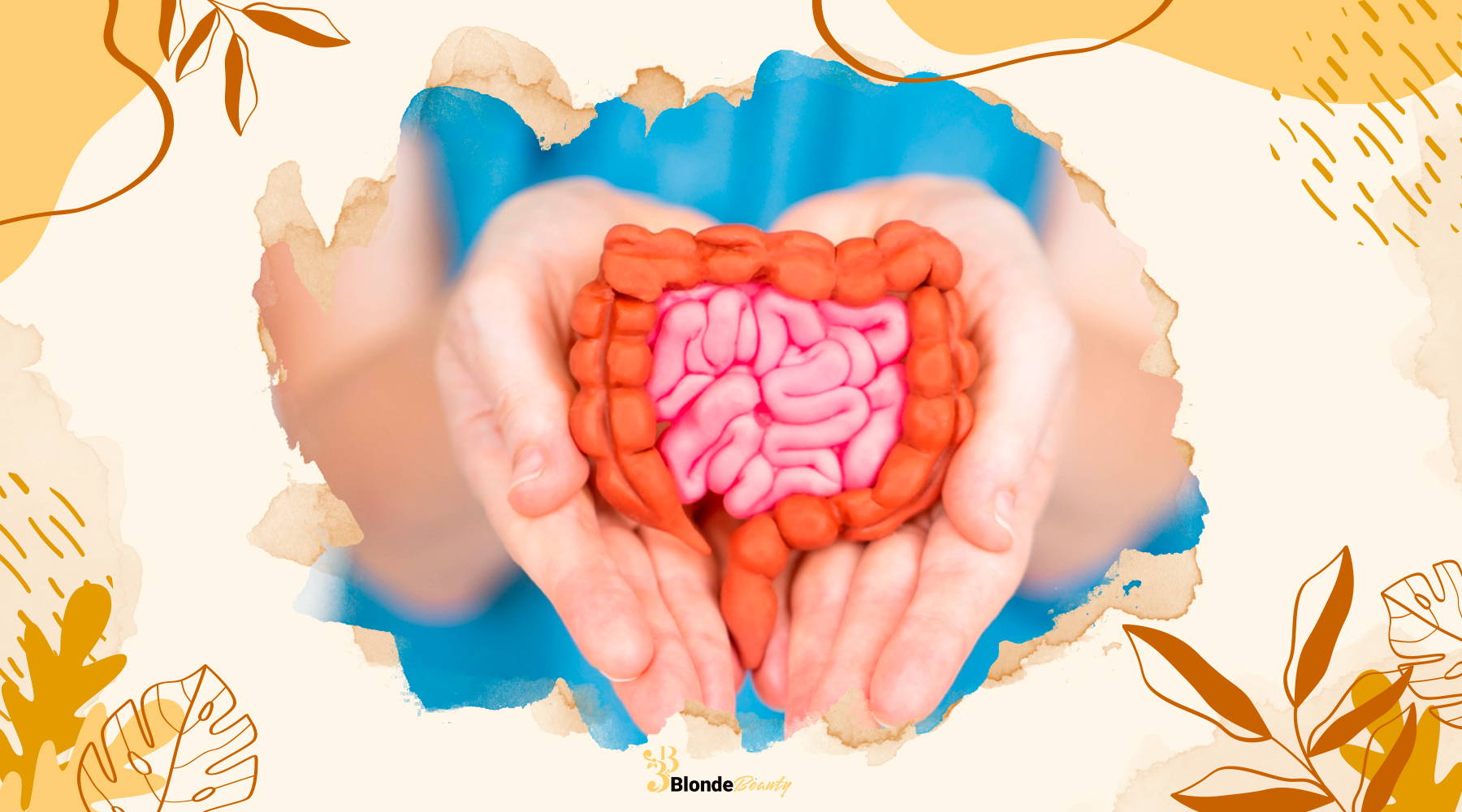Have you noticed some hair shedding recently and suspect you might need more calcium? In this article, Blonde Beauty tackles the question, “Is calcium good for hair?” We’ll explore the benefits of calcium for hair health and offer advice on recognizing hair loss that could be linked to calcium deficiency. Keep reading to learn how to support better and healthier hair growth.
What Is Calcium?
Calcium, a silvery-white mineral in its elemental form, is seldom found in nature by itself. More commonly, it’s present in limestone and seashells, making up a significant portion of the Earth’s crust.
However, its primary significance lies within living organisms. In humans, calcium stands as the most plentiful mineral, essential for constructing and preserving strong bones and teeth.
Its benefits stretch beyond just skeletal support; it’s crucial for muscle contractions, transmitting nerve signals, and ensuring smooth blood clotting. Calcium also plays a vital role in cellular functions, and not having enough can lead to a variety of health issues and complications.

The Relationship Between Calcium Deficiency and Hair Problems
Calcium is integral to various bodily functions, playing a key role in maintaining robust bones and teeth and promoting healthy hair growth.
It aids in transporting nutrients to the hair follicles, ensuring they receive the nourishment they need. A lack of sufficient calcium in the body can lead to several health issues, including hair loss.
Calcium’s importance extends to facilitating healthy hair growth; it supports hormone and enzyme secretion, such as biotin enzymes and androgen hormones, which are vital for maintaining hair health. Additionally, calcium enhances the absorption of iron, a mineral closely linked to robust hair.
To support and rejuvenate your hair, it’s advisable to include calcium-rich foods and supplements in your diet.
Calcium Benefits for Hair
Calcium plays an important role not only in bone health but also in supporting healthy hair growth. Here’s how calcium benefits your hair:
Boosting Hair Strength
Calcium is crucial for hair structure, lending strength to your strands.
This mineral helps in preventing split ends and reduces the brittleness of hair, making it more resilient against breakage.

Promoting Hair Growth
By regulating hormone levels, calcium plays a pivotal role in stimulating new hair growth. It enhances the function of hair follicles, leading to the growth of faster and thicker hair.
Shielding Hair from Damage
The antioxidant properties of calcium help combat free radicals, which are harmful to hair cells. This protection helps safeguard your hair from environmental stressors, preserving its natural shine and overall health.

Decreasing Hair Loss
Maintaining adequate levels of calcium can help prevent hormonal imbalances often responsible for excessive hair loss. This contributes to better hair retention and less thinning.
Enhancing Scalp Health
Calcium is vital for a healthy scalp as it helps regulate sebum production. It aids in preventing scalp dryness and itchiness and strengthens the scalp’s natural barrier, protecting it from environmental damage.
Identifying Hair Loss Caused by Calcium Deficiency
Calcium deficiency, or hypocalcemia, can have far-reaching effects on the body, leading to serious conditions such as cataracts, dental issues, and osteoporosis over time. The deficiency also manifests in the hair, nails, and skin.
When your body lacks calcium, your hair often sends the first signals. You might notice your hair becoming rough, coarse, or unusually dry. Calcium, along with other minerals, plays a crucial role in keeping the scalp hydrated and promoting healthy hair growth.
Furthermore, low levels of calcium can have a detrimental impact on your hair, potentially leading to conditions like alopecia areata, where hair falls out in small patches.
Foods That Prevent Hair Loss Due to Calcium Deficiency
To counteract hair loss stemming from calcium deficiency, incorporating calcium-rich foods into your diet is essential. Here are some top food sources that are rich in calcium:
- Dairy Products: Milk, cheese, and yogurt are traditional favorites for boosting calcium intake.
- Broccoli: This green vegetable is not only high in calcium but also packed with vitamins that support overall health.
- Beans: Various beans, such as black beans and chickpeas, offer a good plant-based source of calcium.
- Spinach: This leafy green is another excellent source, perfect for salads or cooked dishes.
- Almonds: A handful of almonds provides a healthy snack that contributes to your daily calcium needs.
- Sesame Seeds: Sprinkle these over salads or include them in dressings for an extra calcium boost.
- Tofu: Often fortified with calcium, tofu is a versatile and substantial source for those on a plant-based diet.
- Soy Milk: An alternative to dairy milk, soy milk is often enriched with calcium and other nutrients.
If you are considering taking a calcium supplement to enhance absorption, consider consulting your doctor first. Too much calcium can lead to health complications such as kidney stones and cardiovascular problems.

Avoiding Calcium Deficiency
To prevent calcium deficiency and promote overall health, including hair vitality, consider the following strategies:
- Eat Foods Rich in Calcium: Incorporate a variety of calcium-rich foods into your diet, such as dairy products, leafy vegetables, nuts, seeds, and foods fortified with calcium.
- Nutritional Supplements: If you’re unable to meet your calcium needs through diet alone, consult with a nutritionist about supplementing with calcium to achieve the recommended daily intake.
- Ensure Sufficient Vitamin D Levels: Vitamin D is crucial for optimal calcium absorption. Ensure you have adequate levels of vitamin D, which can be increased through sunlight exposure and consuming foods like fatty fish and fortified dairy products.
- Limit Caffeine and Soft Drink Intake: Caffeine and soft drinks can interfere with calcium absorption. Reducing consumption of these can help maintain better calcium levels.
- Maintain Gut Health: A healthy digestive system is essential for effective calcium absorption. Include probiotics and high-fiber foods in your diet to support gut health.

- Limit Alcohol and Smoking: Both smoking and excessive alcohol consumption can negatively impact calcium absorption and bone health. It’s advisable to quit smoking and limit alcohol intake.

- Monitor Medications: Some medications may impair calcium absorption. Discuss any concerns with your doctor to ensure your medications aren’t hindering your calcium intake.
- Conduct Regular Health Examinations: Regular check-ups can help detect and address nutritional deficiencies early, including calcium deficiency. Staying proactive with health screenings is key to managing your overall well-being effectively.
Conclusion
Is calcium good for hair? Calcium is a crucial nutrient not only for bone health but also for encouraging robust hair growth. Having explored the significant roles calcium plays in maintaining hair health, you might consider revising your diet to ensure a sufficient intake of this essential mineral.
We’d love to hear about your favorite calcium-rich meals. Feel free to share your recipes as well! Let’s exchange ideas and tips to help each other achieve stronger, healthier hair. If you encounter any other hair-related issues, don’t hesitate to reach out. Together, we can address your concerns and foster a community of well-informed and health-conscious individuals.
Don’t forget to check out more blogs from Blonde Beauty for additional tips and insights on hair care.

Laureate Professor Clare Collins
Professor Clare Collins is a leading expert in nutrition and dietetics at the School of Health Sciences, part of the College of Health, Medicine and Wellbeing. Her work is changing the way we think about food and health. She grew up as one of nine children and was the first in her family to finish high school and go to college. This background gave her a strong work ethic and a deep appreciation for seizing opportunities.
As the Director of the Hunter Medical Research Institute’s Food and Nutrition Program and a recipient of three NHMRC Research Fellowships, Professor Collins is making a big difference in public health. She focuses on helping people who are often overlooked, using new technologies like apps and online programs to improve their nutrition and reduce the risk of chronic diseases.
Professor Collins is well-respected and has been recognized as a Fellow in four major health and science organizations. She leads a diverse team of experts, including dietitians, computer scientists, and engineers, working together on global health projects.
Her achievements are impressive. She has received over $29 million in research funding, published more than 450 papers, and helped 35 PhD and Master’s students complete their degrees. She’s also active in sharing her knowledge with the public. She has developed tools like the Australian Eating Survey and the Healthy Eating Quiz, and she often appears in the media to talk about nutrition.
PUBLISHED ARTICLES
- Collins, C. (2019). “The Effect of a Pilot Dietary Intervention on Pain Outcomes in Patients Attending a Tertiary Pain Service.”
- Collins, C. (2022). “Variation in cardiovascular disease risk factors among older adults.”
- Collins, C. (2022). “Evaluation of an online intervention for improving stroke survivors’ health-related quality of life: A randomised controlled trial.”
These articles show Professor Collins’s commitment to understanding how better nutrition can improve health. Her work is important for researchers, doctors, and anyone interested in healthy living.
